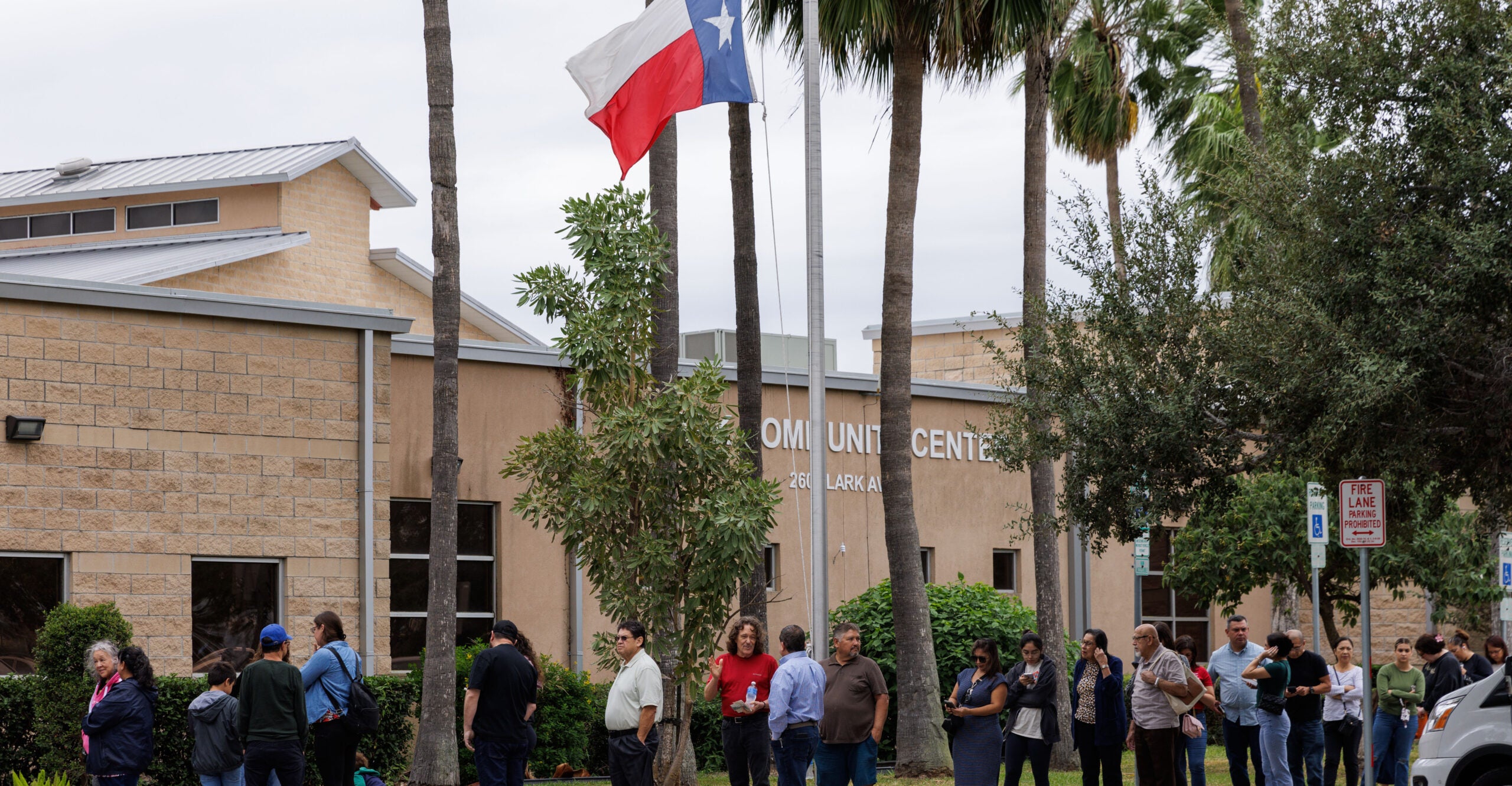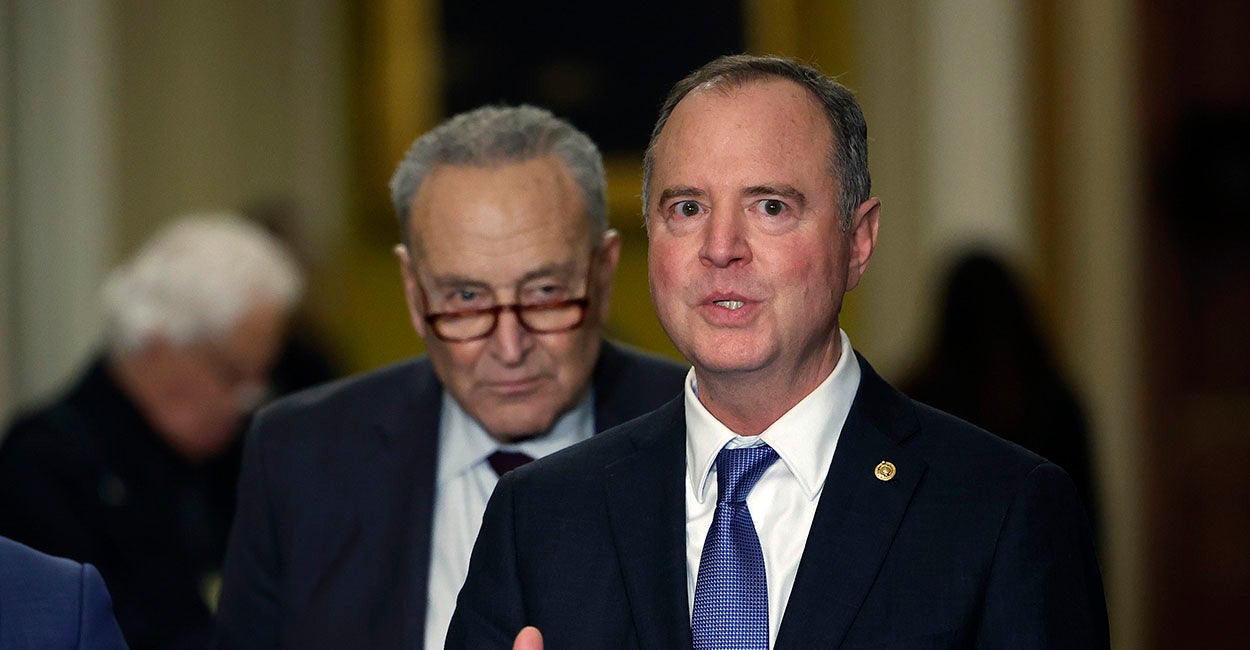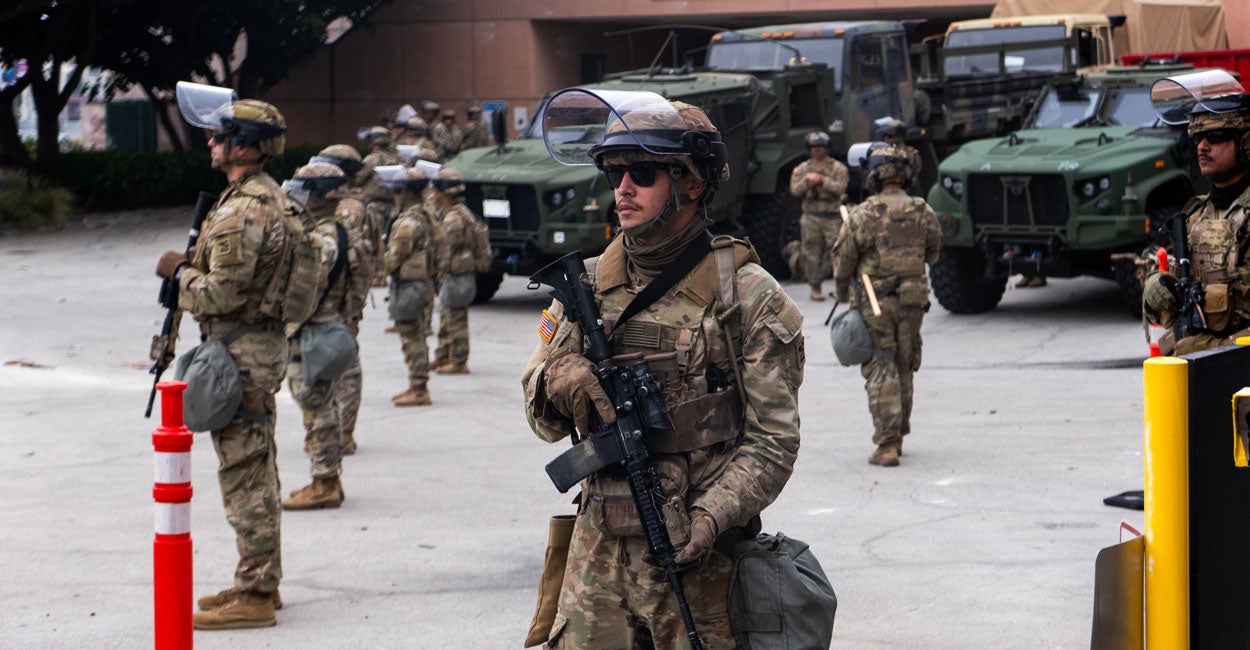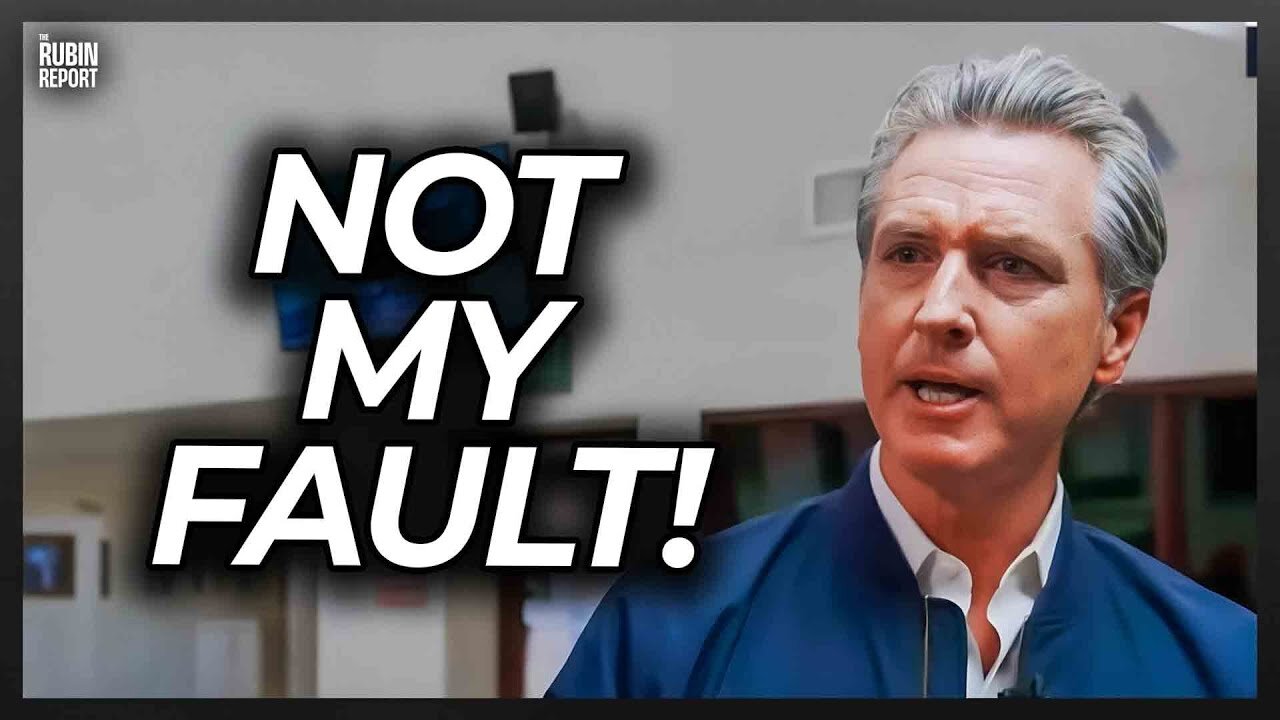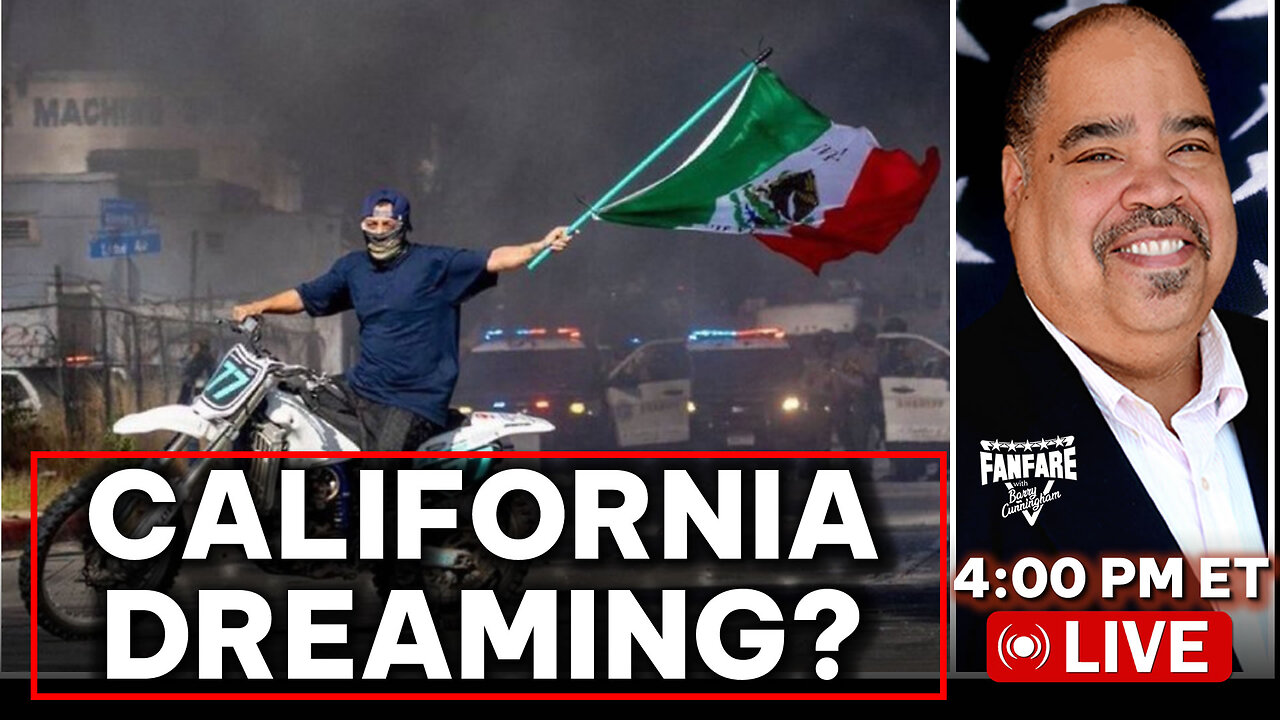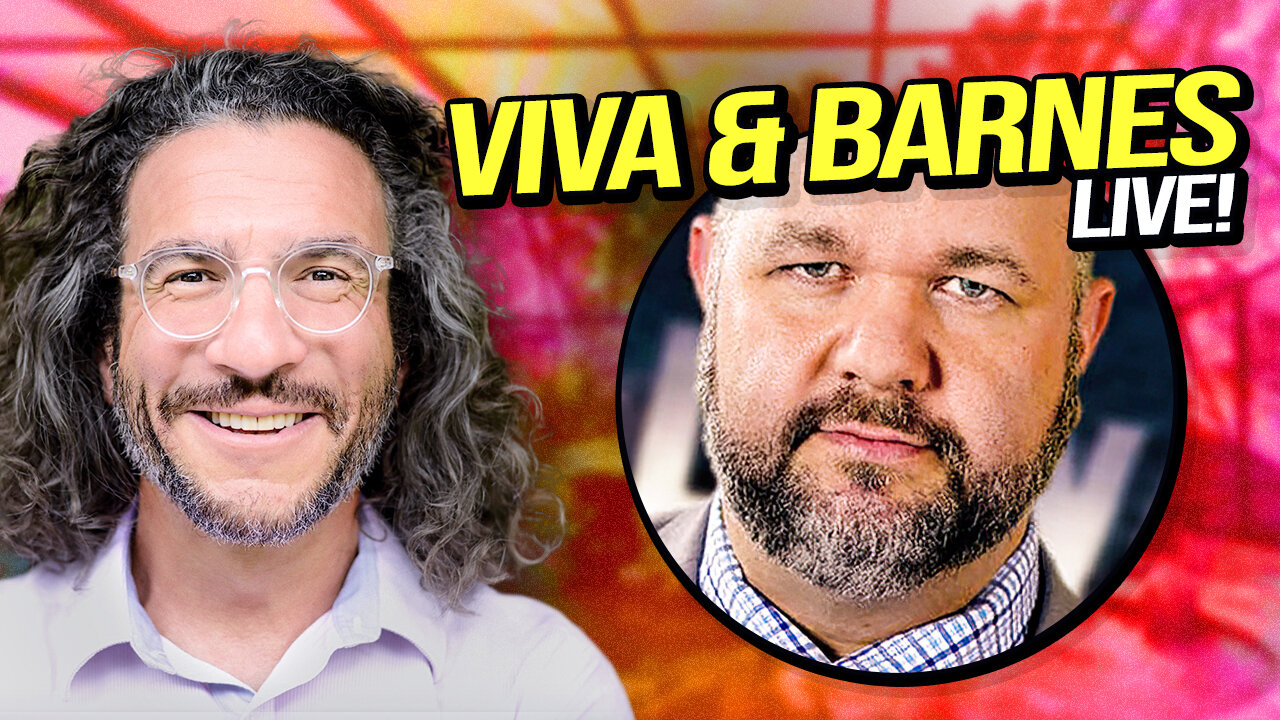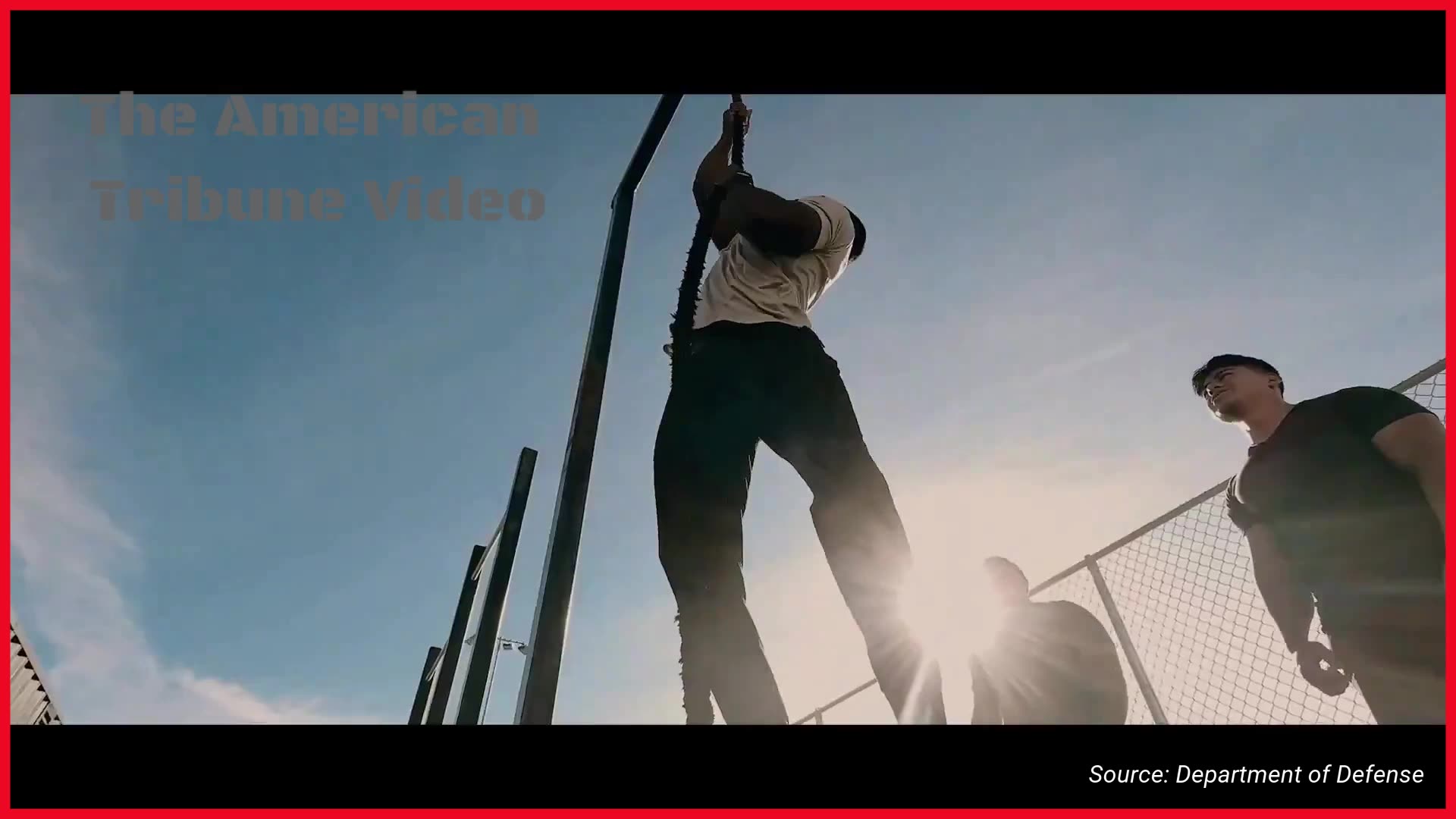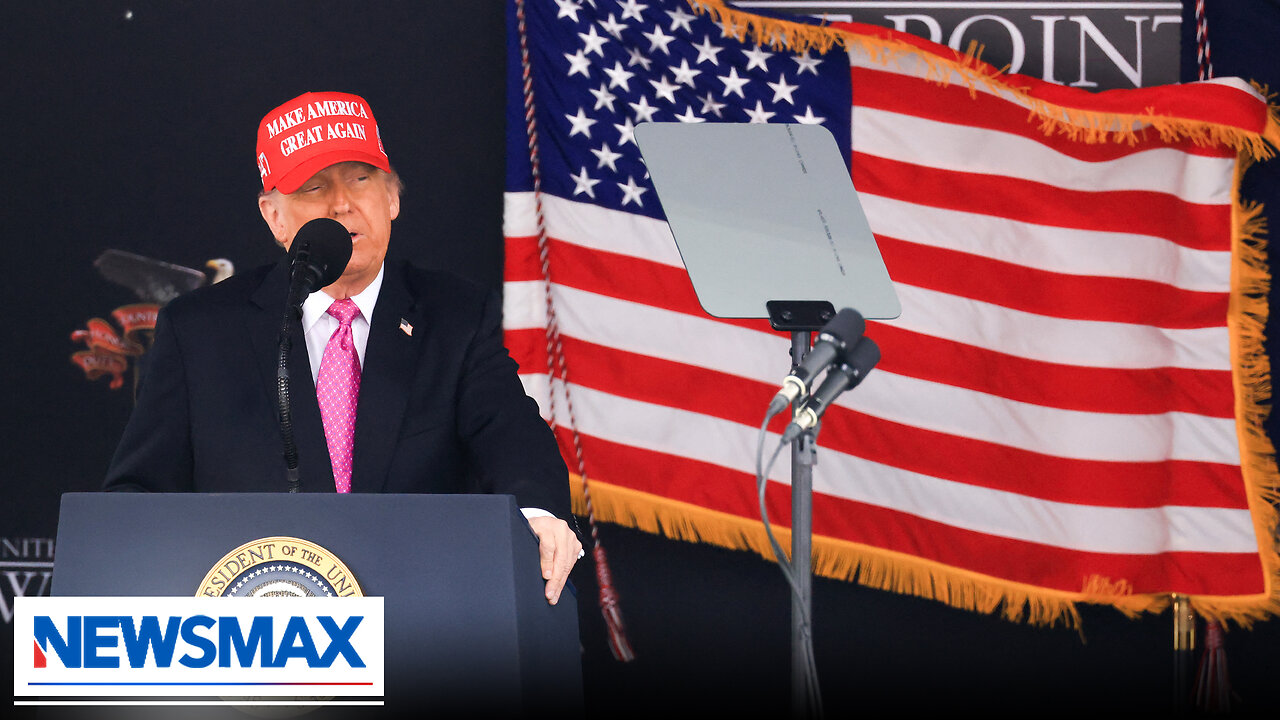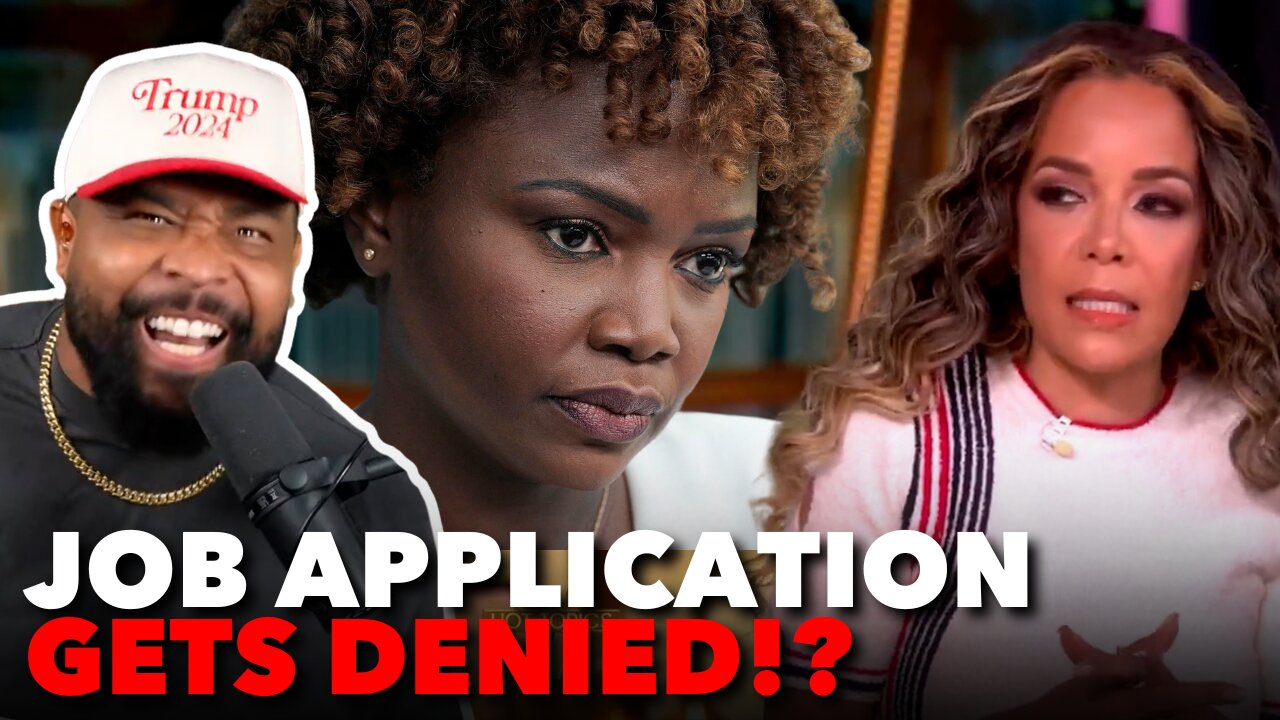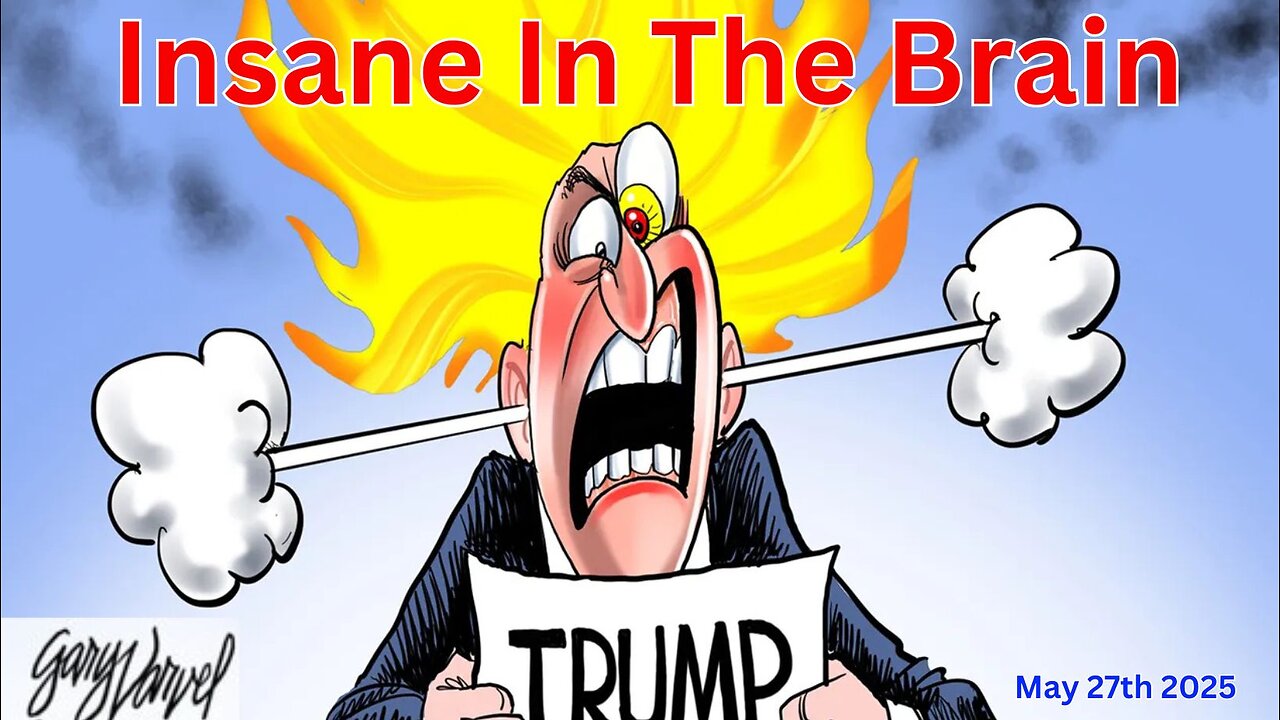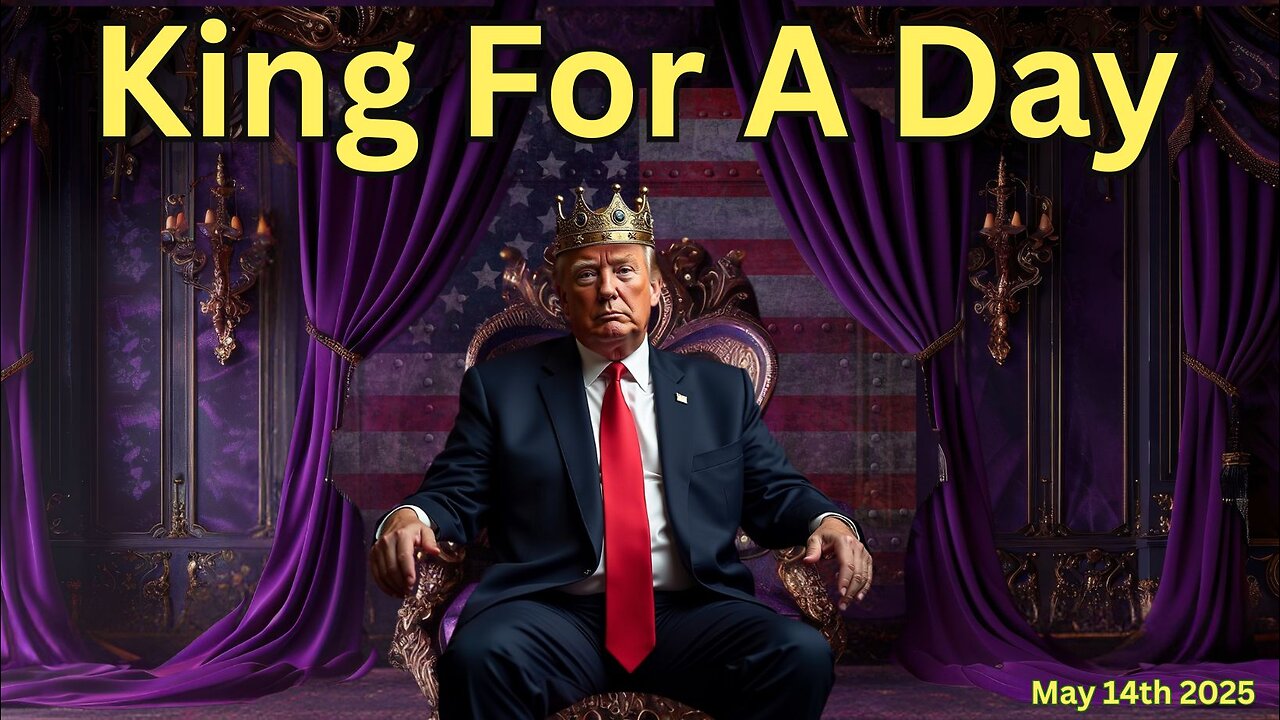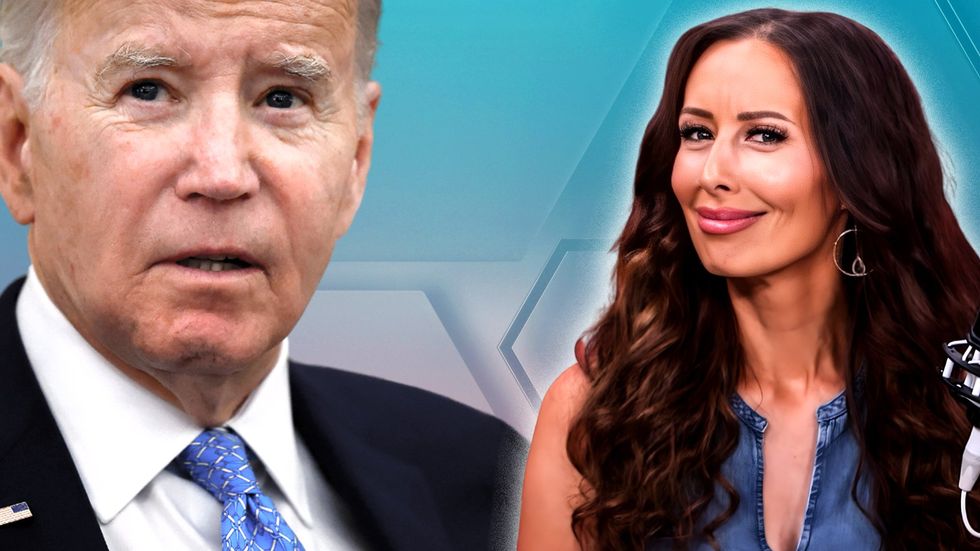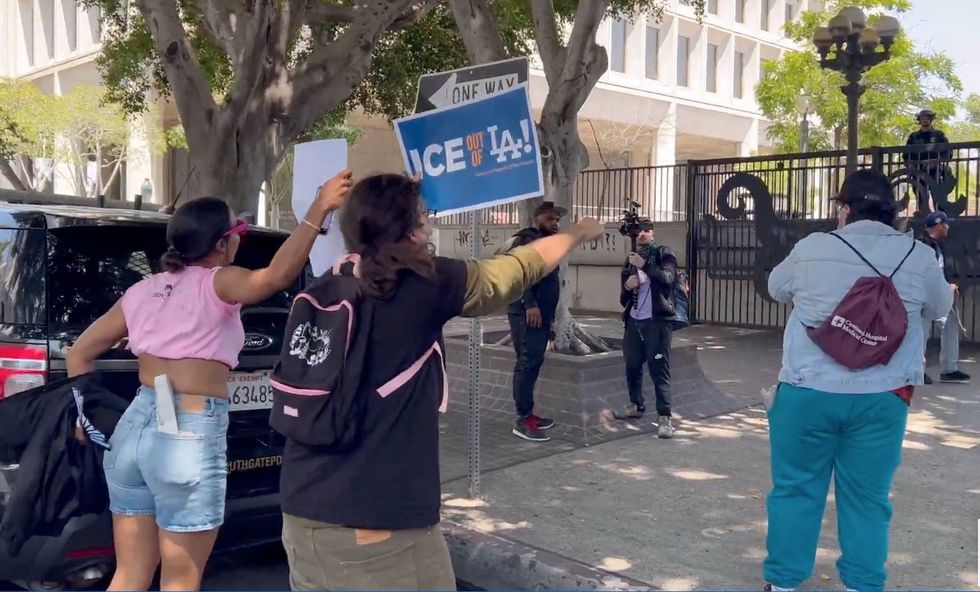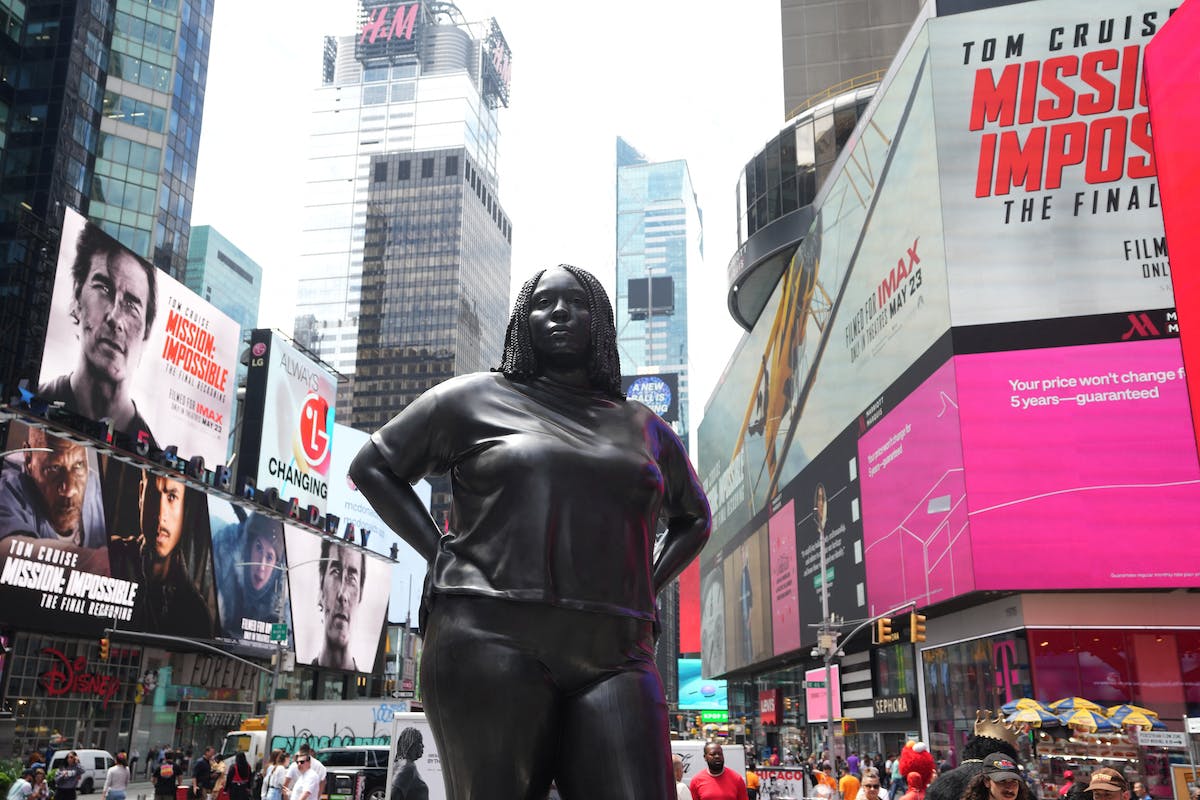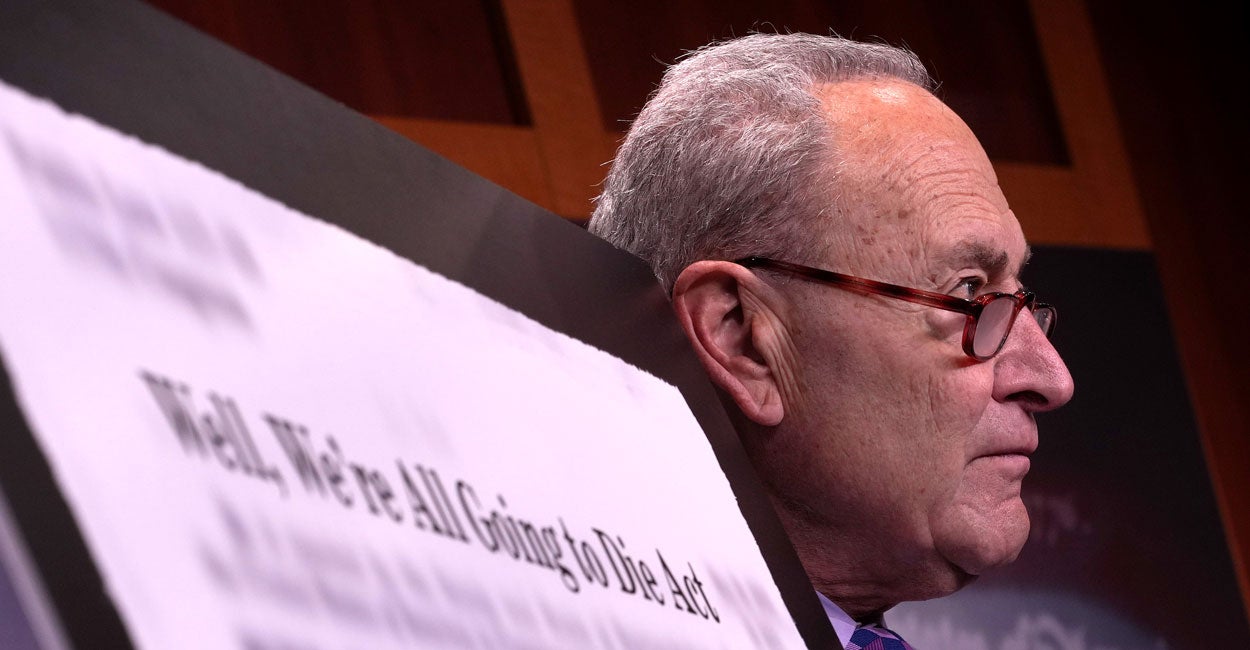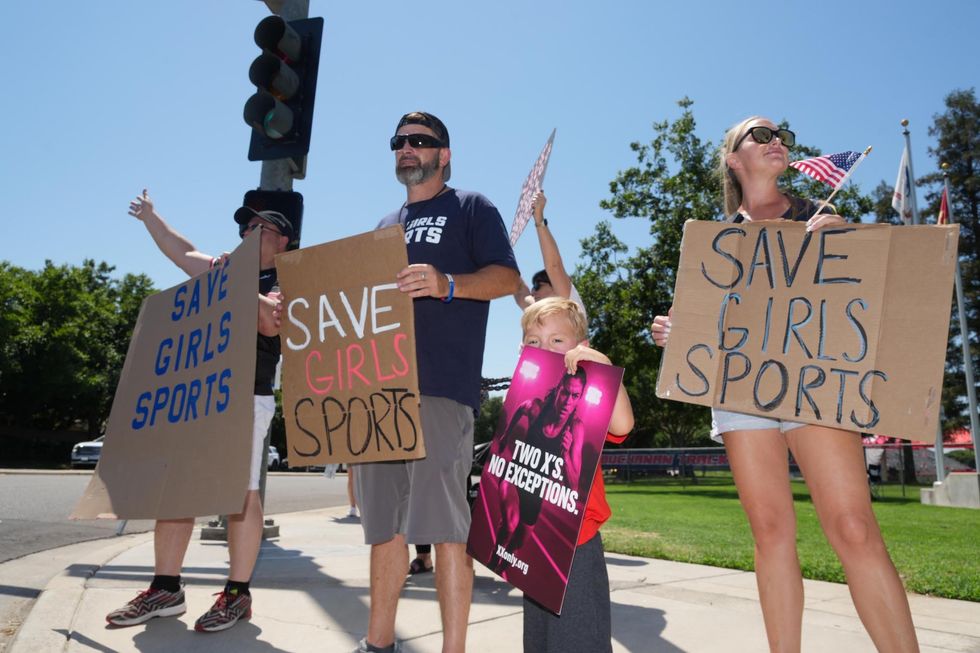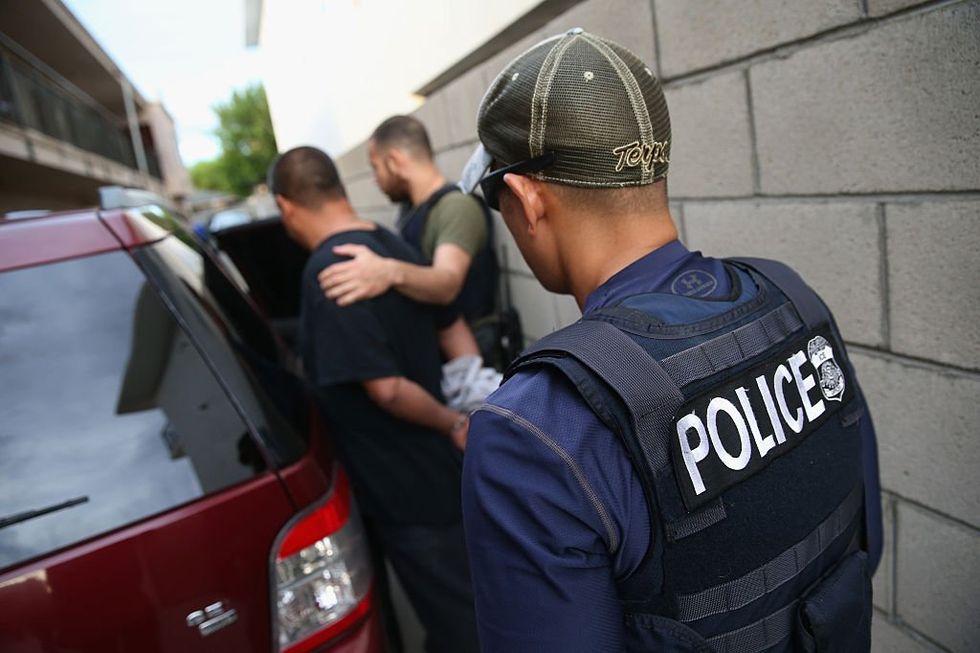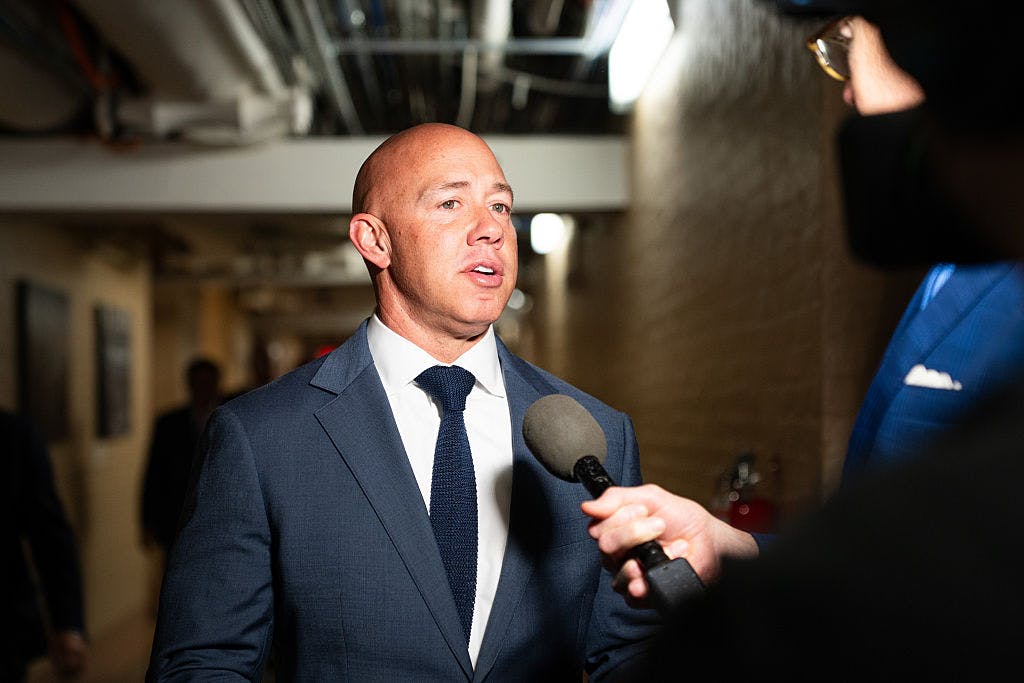Dead voters, people voting twice: Utah election audit reveals ongoing issues
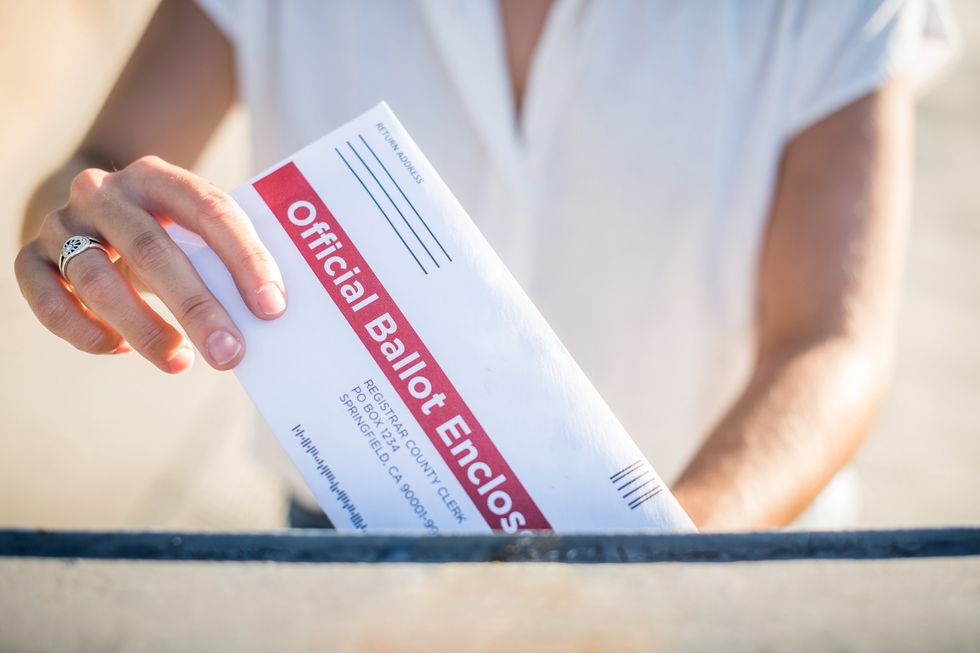

An election audit in Utah revealed that frustrating issues associated with universal mail-in balloting continue.
The audit occurred because of a law passed in 2023 mandating that the Office of Legislative Auditor General conduct a biennial review of the state's election processes. This year's audit focused on November 2023 municipal elections, the March 2024 presidential primary, and the June 2024 state primary, though auditors also "observed" the November 2024 general election as well, the Salt Lake Tribune reported.
'Is vote by mail really as secure as in-person voting?'
According to the audit, some 1,400 likely deceased individuals remain on the Utah voter roles, and about 700 of them are still considered "active." Since all active voters in Utah receive a mail-in ballot, these 700 likely dead individuals "would have received a ballot," the audit report said, according to the Utah News Dispatch.
Moreover, the audit indicated that two of the 700 likely dead individuals "cast ballots in the November 2023 election."
In addition to the possibly dead casting ballots, the audit uncovered 300 "potential duplicate records," resulting in instances in which some voters "appeared to vote twice in past elections."
Other issues noted by the audit include inconsistent practices by county clerks, "insufficient camera monitoring" in certain counties, and the Lt. Governor’s Office's failure to establish clear "signature verification training standards" that can be implemented statewide.
At a committee meeting on Monday, state elections director Ryan Cowley indicated that the results should give cause for concern as well as cause for hope. Cowley admitted, "Given the tools that we had, we did the best that we could" with the audit, especially considering gaps in data and problems with information-sharing between the Utah Department of Technology Services and the Lt. Governor’s Office.
Still, the auditors noted that they "did not find significant fraud in Utah’s election system," even as they claimed more must be done to protect the integrity of universal mail-in ballots.
Utah lawmakers on both sides of the aisle expressed misgivings about the audit results, but for different reasons.
Republicans viewed the audit as an indictment against mail-in voting in general. House Speaker Mike Schultz (R-Hooper) took particular issue with ballots cast by dead people. "If you’re dead, how do you vote?" he asked. He then wondered whether such instances of apparent voter fraud would still occur "if you had in-person voting."
Auditors at the meeting acknowledged that in-person voting would make voter impersonation more difficult but insisted it would not eradicate the problem entirely.
Schultz still appeared dissatisfied. "I think the question comes, is vote by mail really as secure as in-person voting?" he added, according to KSL.com. "And based off the audits we have in front of us, it's clearly not the case. And that's concerning to me moving forward."
'Yes, think of all those poor deceased voters, duplicate voters, and illegal voters that we conservatives are trying to suppress.'
Democrats, as might be expected, began openly worrying that the results of the audit might persuade people to question the practice of universal mail-in balloting. They then hinted that ending universal mail-in balloting might be akin to voter suppression.
"Vote by mail is not the problem," cried Senate Minority Leader Luz Escamilla (D-Salt Lake City).
Escamilla likewise claimed that sufficient protective measures are already in place. "I want to make sure we’re directing to the real problem, which is execution," she said.
House Minority Leader Angela Romero (D-Salt Lake City) agreed: "I just don’t want this to be ammunition to get rid of vote by mail and other ways in which we vote here in Utah."
"I have concerns that people are going to use this audit to try to eliminate vote by mail," Romero continued. "I want to make sure we are encouraging people to vote and not discouraging people to vote. And I can tell you the way this conversation is going, I worry that we're going to put barriers there so people can't vote."
Democrats may be right to worry about the future of universal mail-in balloting in their state. Many on social media responded to news reports about the audit by calling to end the practice.
"Let’s ditch universal mail-in balloting," Republican Sen. Mike Lee of Utah tweeted.
"Absolutely," Elon Musk said in reply to Lee.
Trent Staggs, mayor of Riverton, Utah, went further and claimed states should implement "in-person voting, paper ballots, photo ID and Election Day, not election month."
When a user then accused Staggs of calling for voter suppression, Staggs joked: "Yes, think of all those poor deceased voters, duplicate voters, and illegal voters that we conservatives are trying to suppress."
Like Blaze News? Bypass the censors, sign up for our newsletters, and get stories like this direct to your inbox. Sign up here!
Originally Published at Daily Wire, Daily Signal, or The Blaze
What's Your Reaction?
 Like
0
Like
0
 Dislike
0
Dislike
0
 Love
0
Love
0
 Funny
0
Funny
0
 Angry
0
Angry
0
 Sad
0
Sad
0
 Wow
0
Wow
0

